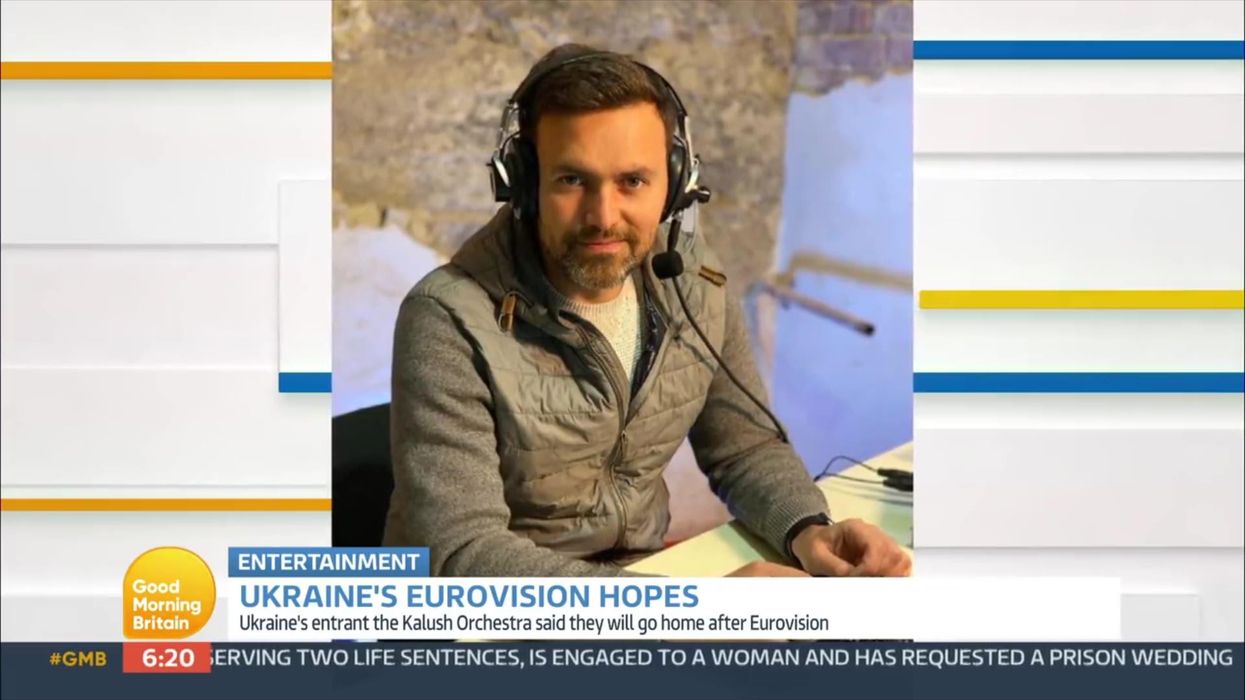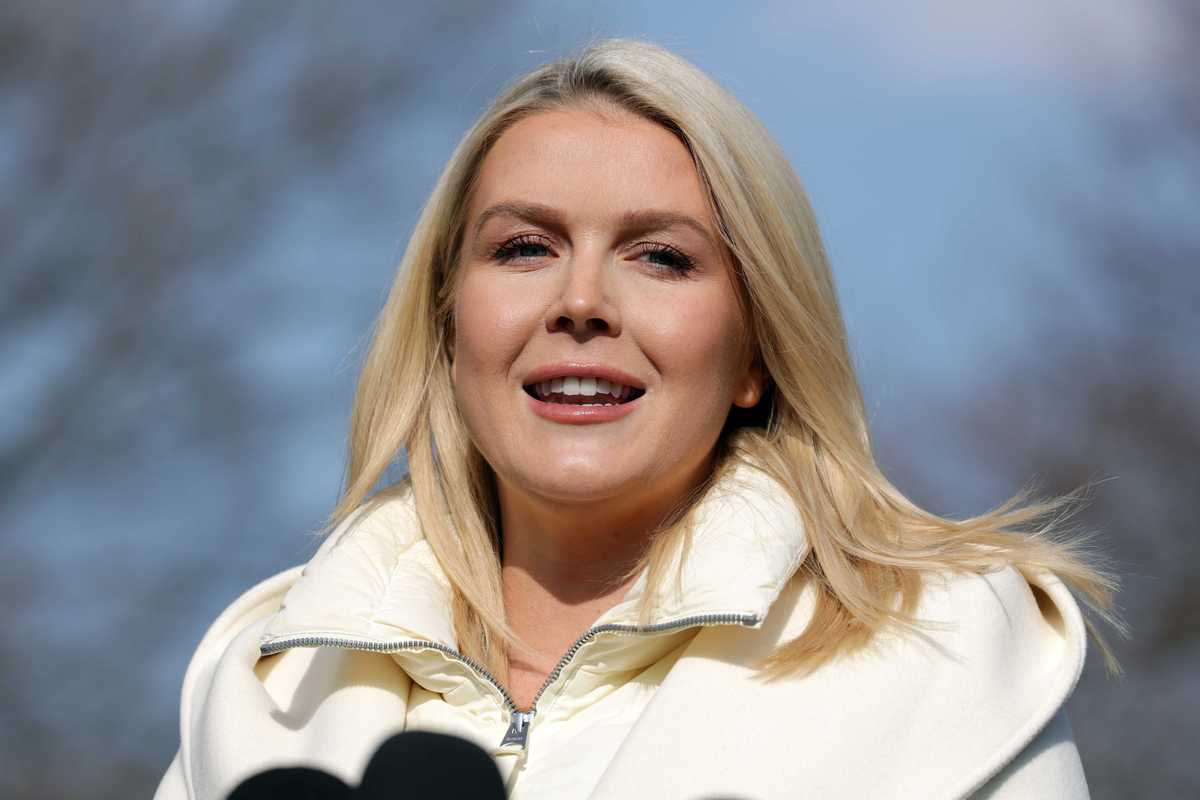Showbiz
Ukraine's Eurovision entry thinks kicking Russia out was 'right thing to do'
GMB
It’s glitzy, camp and eccentric, and we look forward to it every year - Eurovision is back!
The competition’s grand final will be returning to our screens this Saturday, where 25 countries will battle it out to take the iconic glass microphone trophy, and for their country to host the following year’s contest.
Although, Eurovision remains very popular, with over 183 million viewers worldwide watching the show in 2021, the contest isn’t too familiar with Americans any people outside of Europe.
So, this the ultimate Eurovision guide for those who are unfamiliar with the European musical sensation and want to learn all about the historic contest, just in time for this year’s final in Turin, Italy.
Sign up to our free Indy100 weekly newsletter.
What is the Eurovision Song Contest?
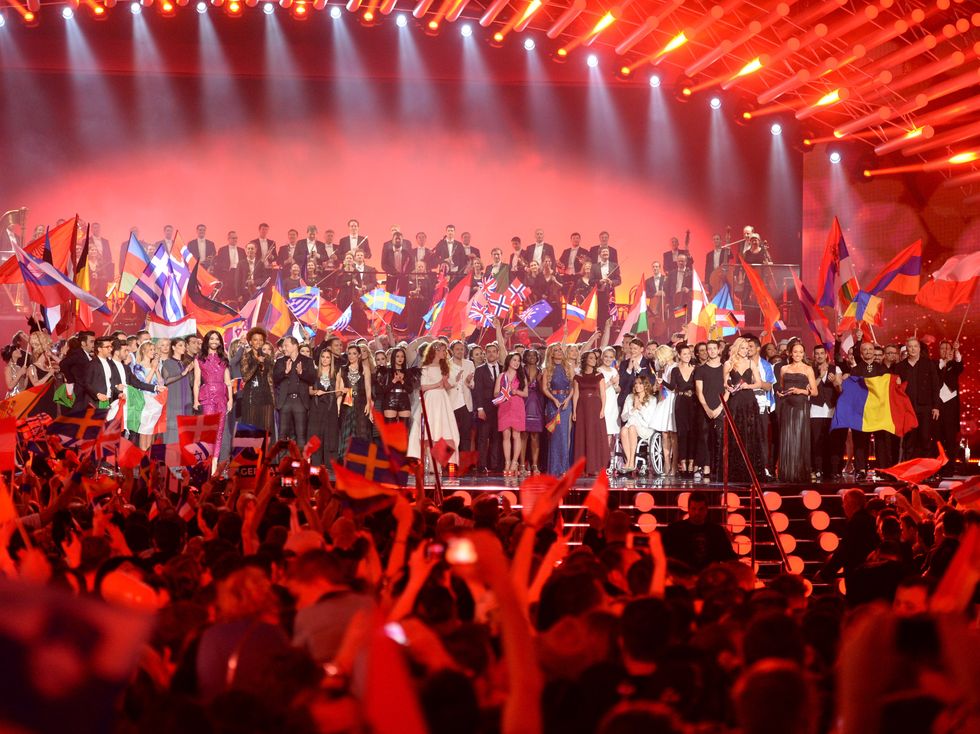
The Eurovision Song Contest is an international singing competition created and organised by the European Broadcasting Union (EBU).
Each country participating in the contest submits an entry that will be performed on live TV and radio.
Competing countries will also cast votes or the other countries’ songs in order to determine the winner of the contest.
When was the first contest held?
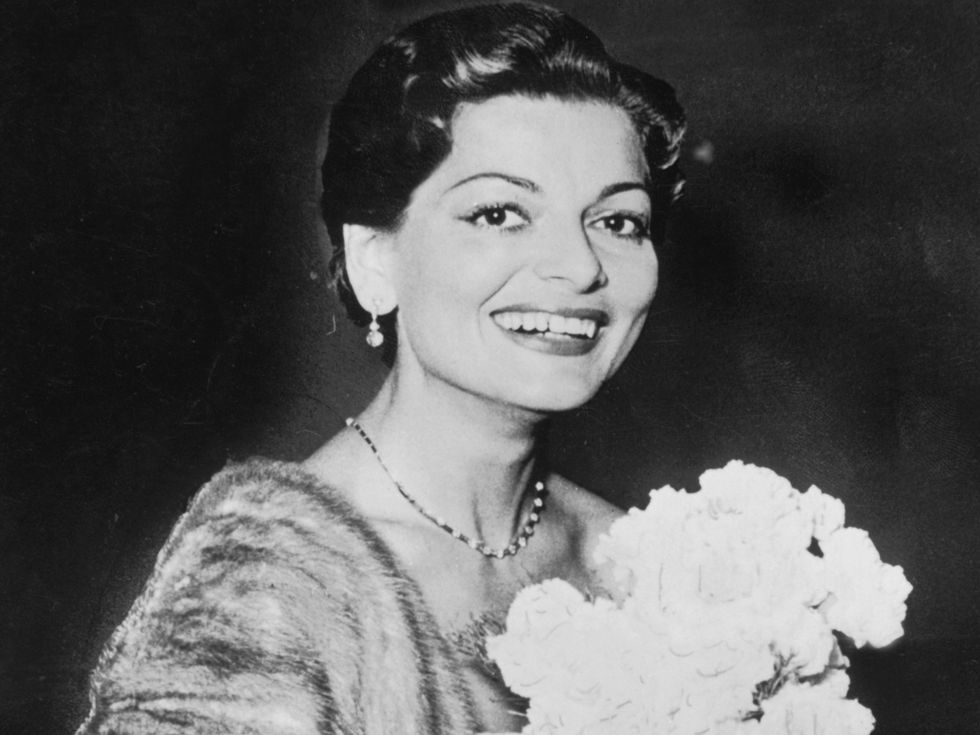
The first Eurovision Song Contest was held 66 years ago back in 1956.
This makes Eurovision the longest-running annual international televised music competition and one of the world’s longest-running television programmes.
Switzerland was the first country to host the competition, in the city of Lugano, where seven countries took part (Switzerland, France, Italy, Germany, Belgium, The Netherlands, and Luxembourg).
The host country won the first contest, with Swiss singer Lys Assia and her song Refrain.
What country has won the contest the most?
Ireland has won the most at the Eurovision Song contest with an impressive seven wins over the past decades.
Their winners include:
- Dana, All Kinds of Everything (1970)
- Jonny Logan, What’s Another Year (1980)
- Jonny Logan, Hold Me Now (1987)
- Linda Martin, Why Me (1992)
- Niamh Kavanagh, In Your Eyes, (1993)
- Paul Harrington and Charlie McGettigan, Rock ‘n’ Roll Kids (1994)
- Eimear Quinn, The Voice, 1996
Other countries that closely follow behind include: Sweden (6), France (5), Luxembourg (5), The Netherlands (5), and the United Kingdom (5).
Which act has had the most success as a result of Eurovision?
This question can be answered with just four letters... ABBA.
The Swedish pop group won the contest in 1974 with their performance of their upbeat song Waterloo, which soon became the band’s first major hit.
The quartet went on to become one of the most commercially successful acts in history of pop music, with an estimated 385 million record sales worldwide.
A musical titled after their classic song Mamma Mia! was created, including in all their greatest hits throughout, and was later turned into a hit movie starring Meryl Streep and Pierce Brosnan.
There’s no doubt, that ABBA is Eurovision’s best export to date.
How does the voting work?
The winner of the Eurovision Song Contest is chosen through two Semi-Finals and a Grand Final.
Traditionally, six countries are automatically pre-qualified for the Grand Final. The so-called “Big 5” — France, Germany, Italy, Spain and the United Kingdom — and the host country.
The remaining countries then take part in one of the two Semi-Finals.
From each Semi-Final, the best 10 proceed to the Grand Final. This usually brings the total number of Grand Final participants to 26 - although Russia is banned this year for pretty obvious reasons, bringing the number down to 25.
After all songs have been performed, each country will give two sets of 1 to 8, 10 and 12 points; one set given by a jury of five music industry professionals, and one set given by viewers at home.
Viewers can vote by telephone, SMS and through the official app.
Out of fairness, you cannot vote for your own country.
How well does the UK do in the contest?

The UK used to be a shining light at Eurovision, after all, they have won five times.
But it seems that the country’s winning ways have dimmed in recent years.
Overall, the UK has finished in the top half of the competition only three times so far this century: 2002 (when the country was represented by Jessica Garlick), 2009 (Jade Ewen) and 2011 (Blue).
Finishing close to last, and sometimes in last place, has increasingly become the norm. Since 2000 the UK has ended the contest in one of the bottom three positions on 10 separate occasions.
It has also finished in a humiliating last place a total of five times: 2003 (Jemini), 2008 (Andy Abraham), 2010 (Josh Dubovie), 2019 (Michael Rice) and 2021 (James Newman).
This is not quite as bad as Finland, who since the start of the contest in 1956 has come last in the final a record nine times.
This year’s entry, Sam Ryder will be hoping to end a dismal run of form for the United Kingdom when he takes to the stage of the Eurovision Song Contest on Saturday.
Sam Ryder - SPACE MAN - United Kingdom 🇬🇧 - Official Music Video - Eurovision 2022www.youtube.com
If Ryder manages to finish in the top half of this year’s competition, he will at least have ended the country’s 11-year-long run of poor results since Blue managed a respectable 11th place in 2011.
And if by some chance he wins the final, not only would this be the first UK win in a generation, it would also mean the UK gets to host the contest next year – for a record ninth time.
Who is the current favourite to win?
Kalush Orchestra - Stefania - Ukraine 🇺🇦 - Official Music Video - Eurovision 2022www.youtube.com
As it currently stands, Ukraine is the comprehensive favourite to win this year’s competition at 1/3.
Their entry is a group called Kalush Orchestra, who are hoping to bring Eurovision glory home to Ukraine. The country is hotly tipped to win amid the ongoing Russian invasion, which has seen millions of citizens displaced from their home country.
Their tune Stefania is one of the strongest in the competition this year too.
The UK is second favourite at the moment at 11/2 with the song Space Man. Other countries to keep and eye out on include Sweden at 13/2, Italy at 9/1 and Spain at 16/1.
What does ‘nil point’ mean?
“Nil point” is famous catchphrase from the Eurovision Song Contest and the term refers to any entry in the competition that fails to earn a single point in the voting.
If an act gets nil point then it means that the song failed to make the top 10 most popular songs in any country, which is rare under the current system of preference voting - even if the UK still managed it last year.
Who is hosting the contest this year?
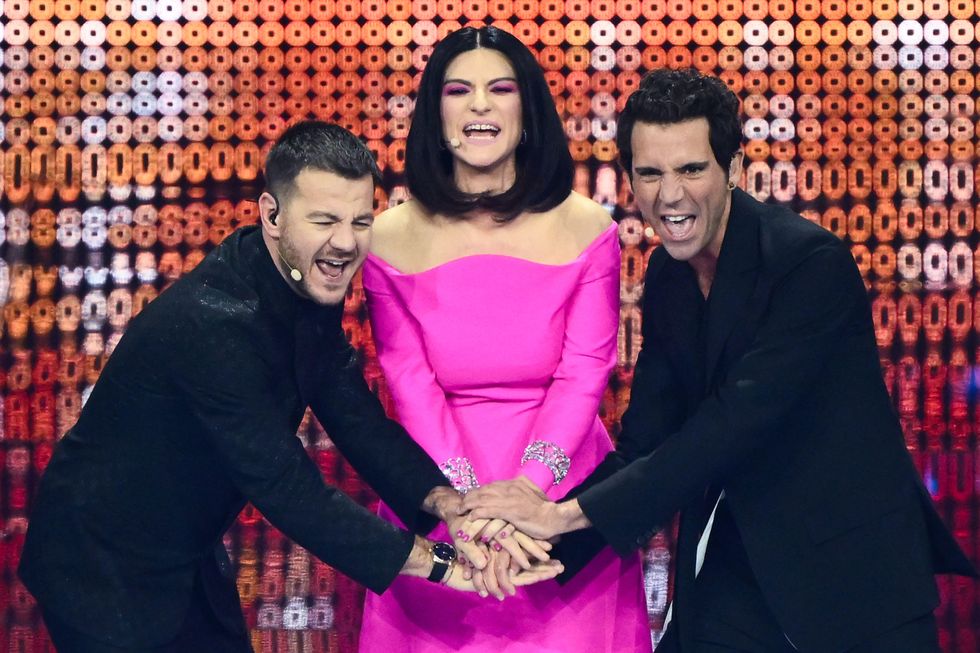
Italy are hosting the 2022 Eurovision Song Contest this year, in the city of Turin.
They take over as hosts from the Netherlands, who welcomed the world for last year's contest.
Their 2021 entry, Måneskin won the contest with his song, Zitti E Buoni.
Three hosts were be leading the coverage, including none other than British singer Mika:
- Mika - singer-songwriter and presenter
- Alessandro Cattelan - Italian TV presenter
- Laura Pausini - Italian singer
What is the running order?
The running order for this year’s Eurovision Song Contest is as follows:
- Czech Republic: We Are Domi – Lights Off
- Romania: WRS – Llámame
- Portugal: MARO – Saudade, Saudade
- Finland: The Rasmus – Jezebel
- Switzerland: Marius Bear – Boys Do Cry
- France: Alvan & Ahez – Fulenn
- Norway: Subwoolfer – Give That Wolf A Banana
- Armenia: Rosa Linn – Snap
- Italy: Mahmood & Blanco – Brividi
- Spain: Chanel – SloMo
- Netherlands: S10 – De Diepte
- Ukraine: Kalush Orchestra – Stefania
- Germany: Malik Harris – Rockstars
- Lithuania: Monika Liu – Sentimentai
- Azerbaijan: Nadir Rustamli – Fade To Black
- Belgium: Jérémie Makiese – Miss You
- Greece: Amanda Georgiadi Tenfjord – Die Together
- Iceland: Systur – Með Hækkandi Sól
- Moldova: Zdob şi Zdub & Advahov Brothers – Trenulețul
- Sweden: Cornelia Jakobs – Hold Me Closer
- Australia: Sheldon Riley – Not The Same
- United Kingdom: Sam Ryder – SPACE MAN
- Poland: Ochman – River
- Serbia: Konstrakta – In Corpore Sano
- Estonia: Stefan – Hope
Where can US audiences watch the final?
Good news for our friends across the pond.
For the second time ever, US audiences will be able to watch the contest via a streaming service, with Peacock getting the rights to the 2022 competitions
The Eurovision finale will air live on Peacock on Saturday at 11:55 AM PT/2:55 PM EST.
Have your say in our news democracy. Click the upvote icon at the top of the page to help raise this article through the indy100 rankings.
Top 100
The Conversation (0)
